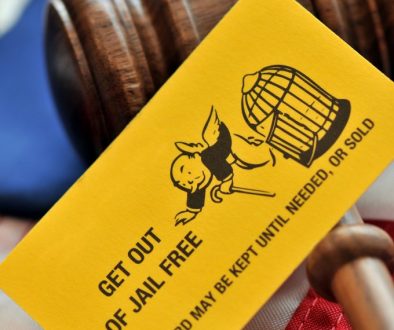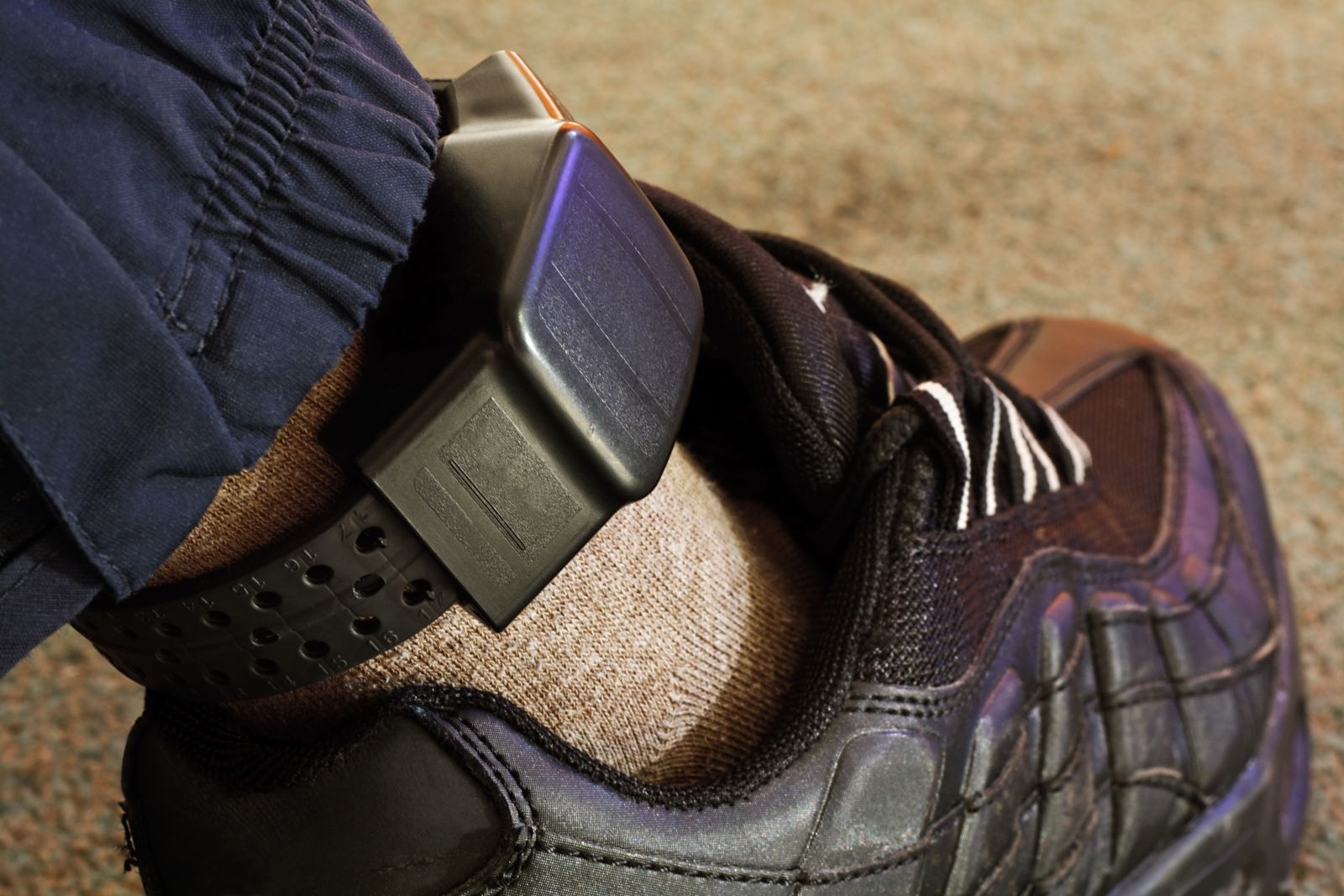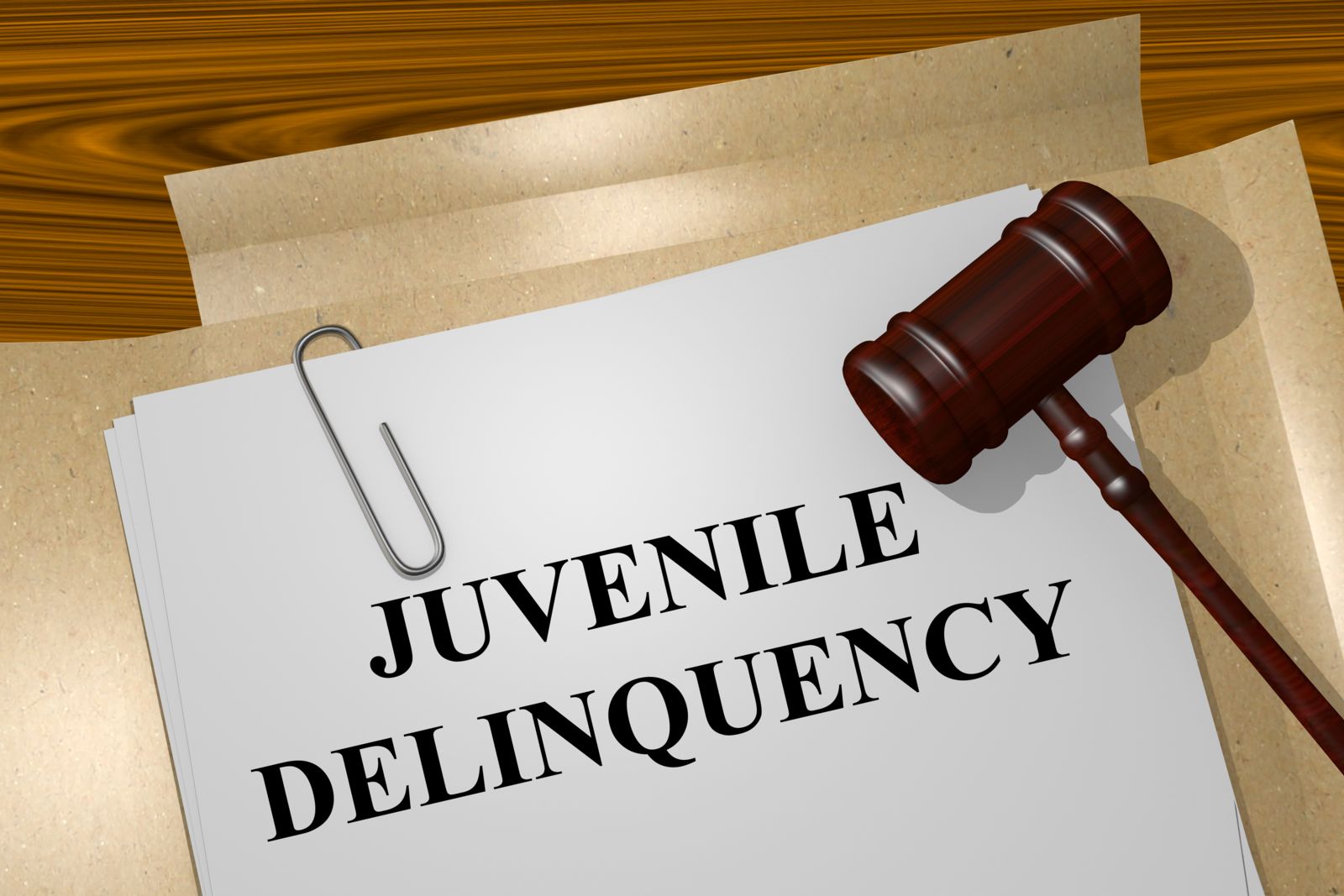What you need to know about house arrest and how to avoid a violation in Pennsylvania and New Jersey
Is house arrest an option if you’re charged with a crime in Pennsylvania or New Jersey
Our law firm represents individuals charged with crimes in Pennsylvania and New Jersey. There are situations where a judge will not reduce a bail to a reasonable amount but doesn’t necessarily believe that the person needs to be incarcerated pending or even post trial. House arrest is very common in cases where a person is charged with an illegal gun, firearm, or the illegal distribution of drugs and narcotics.
House arrest is less common when a person is charged with a violent felony such as an attempted murder, robbery or an aggravated assault but it is still possible and your criminal defense lawyer should advocate for it. House arrest is a good option for many clients, as it allows the person to stay out of jail and, in many cases, continue to earn income for their families.
The house arrest program in Pennsylvania and New Jersey (Electronic Remote Monitoring) is discretionary. This means that no one is entitled to it and a judge isn’t obligated to offer it to a Defendant. The house arrest program typically comes with very strict guidelines regarding times to leave the house for appointments (usually medical or legal), employment and other life tasks, such as food shopping, school pick-up and even religious services. If you violate your house arrest conditions a judge could order that you spend your pre-trial time in jail awaiting trial or final disposition of your criminal case
What you need to know about any house arrest program
Prior to beginning any house arrest program, it is very important that you provide your criminal defense lawyer with a detailed understanding of your daily schedule, including work or personal obligations. While your criminal defense lawyer can file motions to modify house arrest, it is much easier to provide the judge with a planned schedule to avoid any motions to the Court which will likely cause additional legal fees. While house arrest may seem like it is a program in which compliance would never be issue, many violate the conditions because they simply fail to understand the technology associated with it or the strict guidelines that they have to follow.
Why do people violate house arrest?
House arrest is also referred to as electronic monitoring and that is exactly what happens. A monitor is placed in the home which is connected to a bracelet typically worn on the ankle with a receiver at some designated law enforcement headquarters. The system tracks movement within a defined perimeter (house) and will send out an alarm signal if that perimeter is violated outside of a designated time. It is important to understand that electronic monitoring isn’t subjective, but an objective system which is exact. This means that if you’ re required to be in the home at 7:00 p.m., 7:01p.m. is a violation. While a one-minute violation will likely not lead to house arrest revocation, it could, at the very least, lead to a hearing before a judge to explain the issue and again additional legal fees. Again, if you violate house arrest, you could find yourself headed back to jail for a substantial period of trial pending or post trial.
How can you avoid a house arrest violation?
The system works on a bracelet which requires that the person wearing it to not remove it for any reason, including comfort or embarrassment. This means that you can’t remove the bracelet to take a shower or go to work. Recently, a former NFL lineman, Chad Wheeler, who was on house arrest awaiting trial for an ongoing felony domestic violence case, removed his electronic monitoring due to a “mental health crisis”. Despite Wheeler’s medical emergency, Prosecutors still filed a motion to have his house arrest revoked and bail raised to $800,000 cash. The Judge denied the Motion, but Wheeler was still required to appear in Court and was briefly taken into custody prior to that hearing. This is just one example of a house arrest compliance issue. If you’re experiencing some type of medical distress or some type of medical emergency, it is important that you contact Emergency Services or have someone do it for you. If you must leave the house to receive medical attention, you should do everything possible to alert your house arrest officer of the issue to avoid a violation. This will ensure that the incident is documented and will not result in any type of hearing to revoke your house arrest.
Post-Trial House Arrest
Finally, if you’re on house arrest prior to trial, there is strong possibility that if you are convicted at a trial, you can maintain on that house arrest to serve your sentence and possibly even receive credit for time already served on house arrest. Again, House arrest is very common in criminal matters where a person is charged with an illegal gun, firearm, or the illegal distribution of drugs and narcotics While a Court is not obligated to award you time credit, it can factor into the Court’s mitigation analysis when it attempts to fashion an appropriate sentence. If you violate the terms of house arrest, a Judge could be less likely to award time credit and if you are convicted, find that house arrest or continued house arrest isn’t an appropriate sentence.
Contact Our Criminal Defense Lawyers in PA & NJ
Please click here to contact our Philadelphia criminal defense lawyers. We offer free case reviews and serve the following areas in Pennsylvania and New Jersey, Atlantic City, Camden, Cherry Hill, Chester, Conshohocken, Doylestown, Media, Norristown, Philadelphia, Pottstown, Salem, Upper Darby, Upper Merion, Upper Providence, Vineland & Woodbury areas.
For more information on criminal strategies and defenses in New Jersey and Pennsylvania I encourage you to keep reading my blog.



